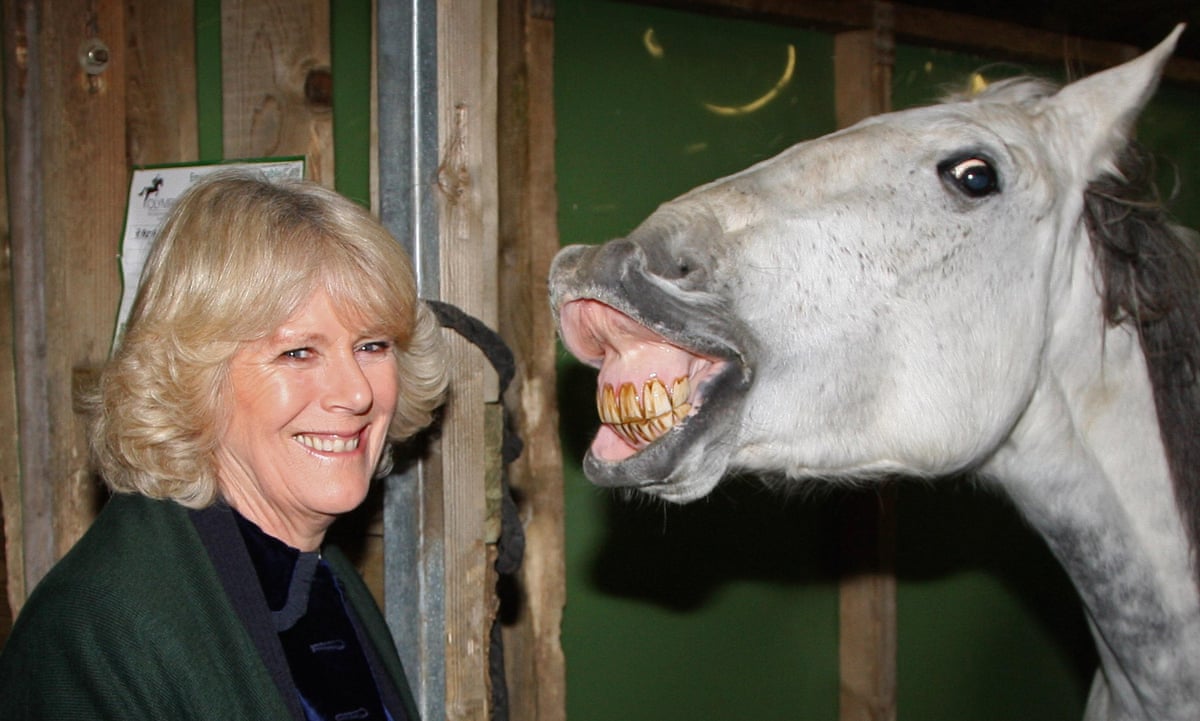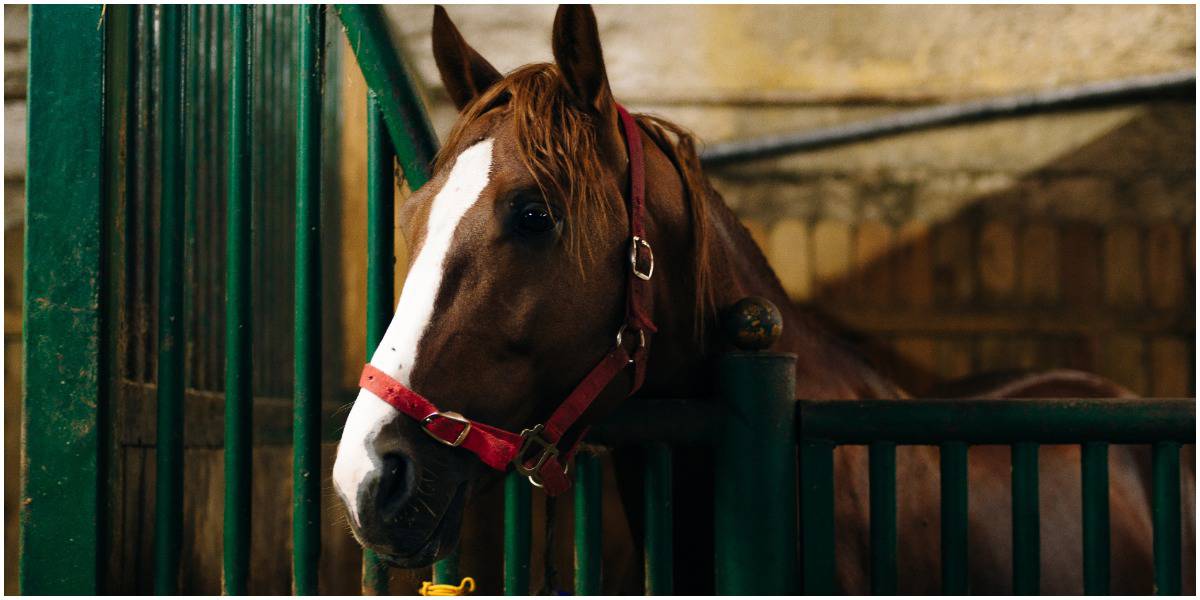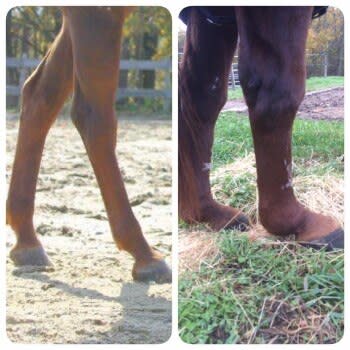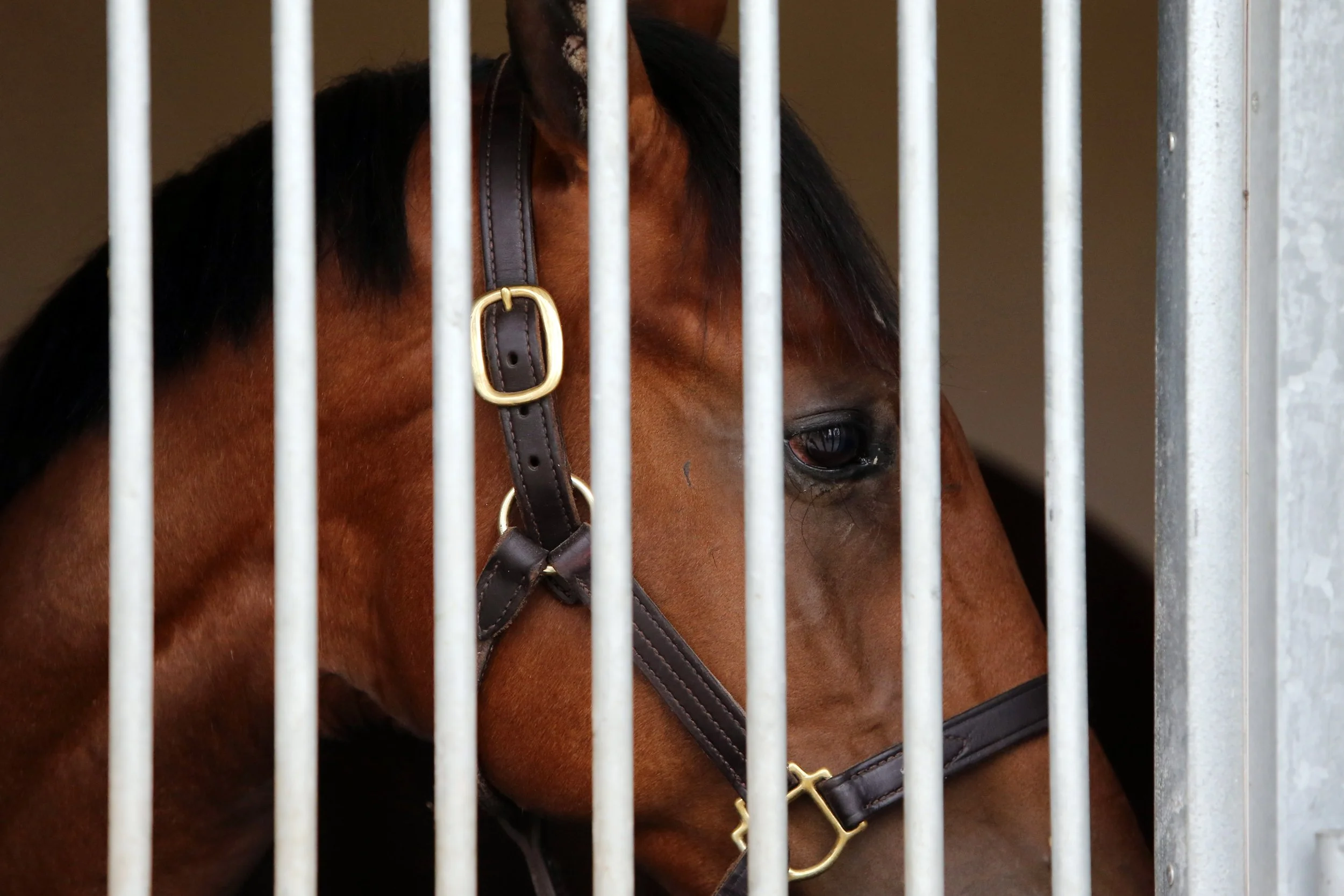Recognizing Depression in Horses: A Comprehensive Guide

Depression in horses is a serious but often overlooked condition that can significantly affect their well-being and performance. Understanding the signs, causes, and treatment options is crucial for horse owners, trainers, and veterinarians. This article explores how to recognize depression in horses, supported by detailed information and practical advice.
What is Depression in Horses?

Depression in horses is a state of prolonged sadness or lack of interest in usual activities, similar to clinical depression in humans. It can manifest as behavioral changes, physical symptoms, and a decline in overall health.
Common Signs and Symptoms

| Symptom | Description | Observation Tips |
|---|---|---|
| Lethargy | Reduced energy and reluctance to move | Notice changes in daily activity |
| Loss of Appetite | Decreased interest in food | Monitor feeding habits closely |
| Withdrawal | Avoidance of social interaction with other horses or humans | Observe social behavior |
| Changes in Grooming | Neglect of self-care, dull coat | Check coat condition regularly |
| Abnormal Posture | Head hanging low, drooping ears | Look for unusual body language |
| Increased Irritability | Uncharacteristic aggression or restlessness | Note behavioral outbursts |
Causes of Depression in Horses
- Environmental Stress: Changes in stable conditions, isolation, or lack of stimulation.
- Physical Illness or Pain: Chronic pain or undiagnosed health issues.
- Loss or Separation: Death of a companion horse or separation from herd.
- Poor Nutrition: Deficiencies affecting mood and energy.
How to Diagnose Depression
Diagnosis involves a thorough veterinary examination to rule out physical causes, combined with behavioral assessments. Keeping a detailed diary of the horse’s behavior and environment can aid in diagnosis.
Treatment and Management
- Veterinary Care: Address any underlying medical conditions.
- Environmental Enrichment: Provide social interaction, toys, and varied activities.
- Consistent Routine: Maintain stable daily schedules to reduce stress.
- Nutrition: Ensure a balanced diet with necessary supplements.
- Professional Support: Consult equine behaviorists or trainers for specialized care.
FAQ
Q1: Can horses really get depressed like humans?
Yes, horses can experience depression, though it manifests differently and is often linked to environmental and physical factors.
Q2: How long does depression last in horses?
Duration varies depending on the cause and treatment; some horses recover quickly, while others may need long-term care.
Q3: What should I do if I suspect my horse is depressed?
Consult a veterinarian promptly to rule out medical issues and discuss behavioral observations.
Q4: Can changes in weather affect a horse’s mood?
Yes, seasonal changes can influence behavior and mood, similar to seasonal affective disorder in humans.
Recognizing depression in horses early can lead to more effective treatment and improved quality of life. By understanding the signs and causes, owners can take proactive steps to support their horses’ mental health.
Would you like me to help enhance the tone to be more empathetic, add more scientific references, or include case studies for deeper insight?
